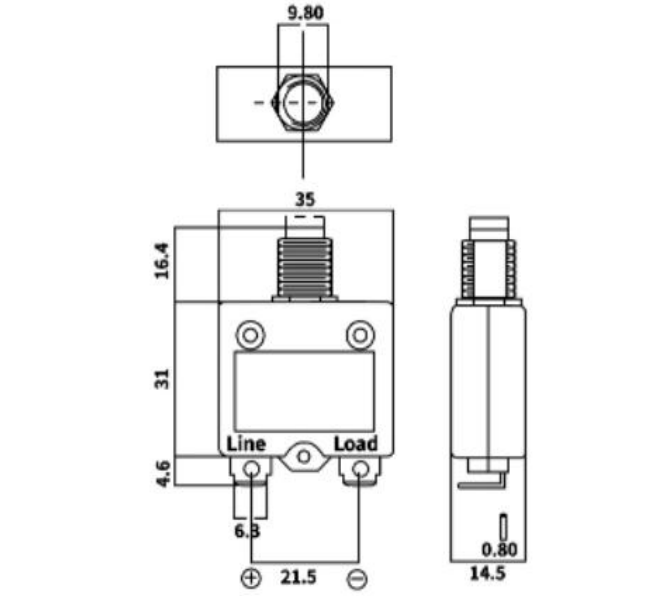Understanding Butyl Rubber Windshield Sealant
Butyl rubber windshield sealant is an essential component in the automotive industry, specifically designed to provide a watertight seal for windshields. This sealant has gained immense popularity due to its unique properties and benefits, making it an ideal choice for both manufacturers and car owners looking to ensure the longevity and functionality of their vehicles.
One of the primary advantages of butyl rubber sealant is its excellent adhesion properties. When applied between the windshield and the vehicle frame, butyl rubber forms an incredibly strong bond that can withstand various environmental factors, including temperature fluctuations, moisture, and UV exposure. This capability is crucial, as a reliable seal prevents water from leaking into the vehicle, which can cause corrosion, mold, and ultimately affect the structural integrity of the car.
Another significant benefit of butyl rubber is its flexibility. Unlike traditional adhesives, butyl sealant remains pliable even after curing. This flexibility allows the windshield to expand and contract with changes in temperature, reducing the likelihood of cracks or breaks. Furthermore, this characteristic also helps absorb vibrations, providing better resistance against road shock and enhancing overall vehicle safety.
butyl rubber windshield sealant

Butyl rubber is also known for its longevity. Once cured, it forms a durable barrier that can endure years of use under various weather conditions. This durability is particularly important for vehicles that are frequently exposed to harsh environments, such as salty coastal areas or regions with extreme weather conditions. By using a high-quality butyl rubber sealant, vehicle owners can prolong the lifespan of their windshields and reduce the need for costly repairs or replacements.
In addition to its technical properties, butyl rubber sealant is relatively easy to apply. It comes in various forms, including tapes and liquid adhesives, making it accessible for both professional auto technicians and DIY enthusiasts. For those looking to perform their own windshield replacements or repairs, working with butyl sealant can be a straightforward process, provided that proper preparation and application techniques are followed.
However, like any product, butyl rubber windshield sealant does have some considerations. It is essential to ensure a clean and dry surface before application to achieve optimal adhesion. Additionally, while butyl rubber is popular, other sealants may be recommended depending on specific vehicle models or manufacturers. Therefore, it's crucial to refer to the vehicle's guidelines and consider expert advice if needed.
In conclusion, butyl rubber windshield sealant represents a reliable and effective option for ensuring the integrity of a vehicle's windshield. Its strong adhesion, flexibility, durability, and ease of application make it a preferred choice among professionals and car owners alike. By choosing the right sealant, you can protect your vehicle from the elements and maintain its safety and functionality for years to come.
-
XIANGFAN Rubber Tape-Ultimate Solutions for All Your Insulation NeedsNewsJun.24,2025
-
XIANGFAN Rubber Tape-Protection for Industrial and Residential ApplicationsNewsJun.24,2025
-
XIANGFAN Rubber Tape: Superior Safety and Sealing for Demanding EnvironmentsNewsJun.24,2025
-
XIANGFAN Rubber Tape: Reliable Solutions for Every Electrical ChallengeNewsJun.24,2025
-
XIANGFAN Electrical & Industrial Tape: Powering Reliability Across IndustriesNewsJun.24,2025
-
XIANGFAN Electrical & Industrial Tape: Excellence in Every ApplicationNewsJun.24,2025
